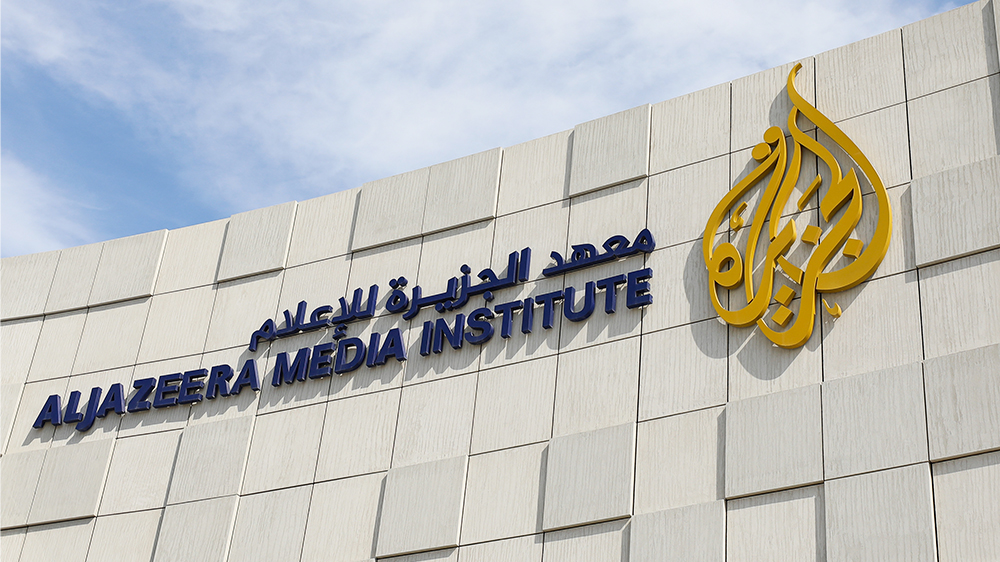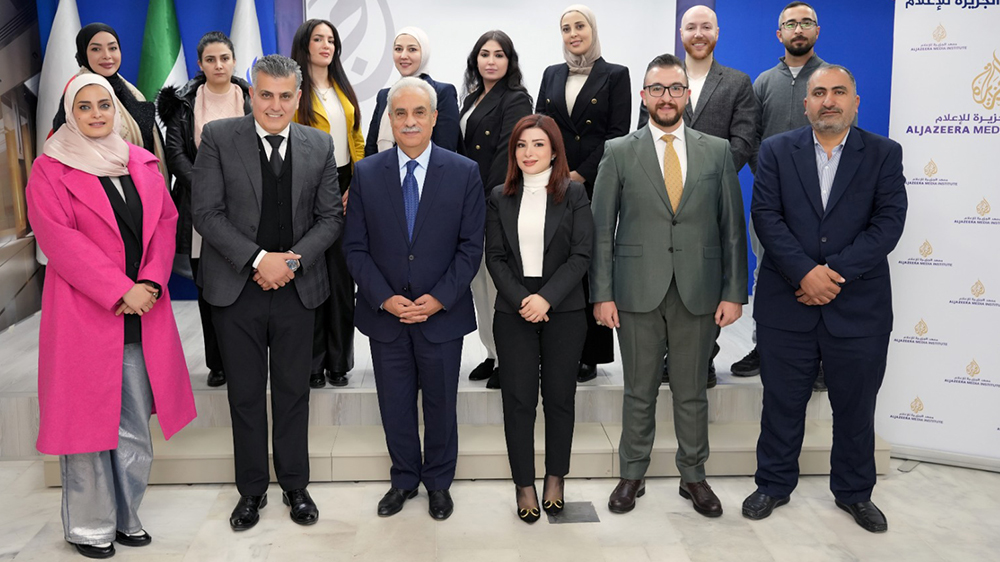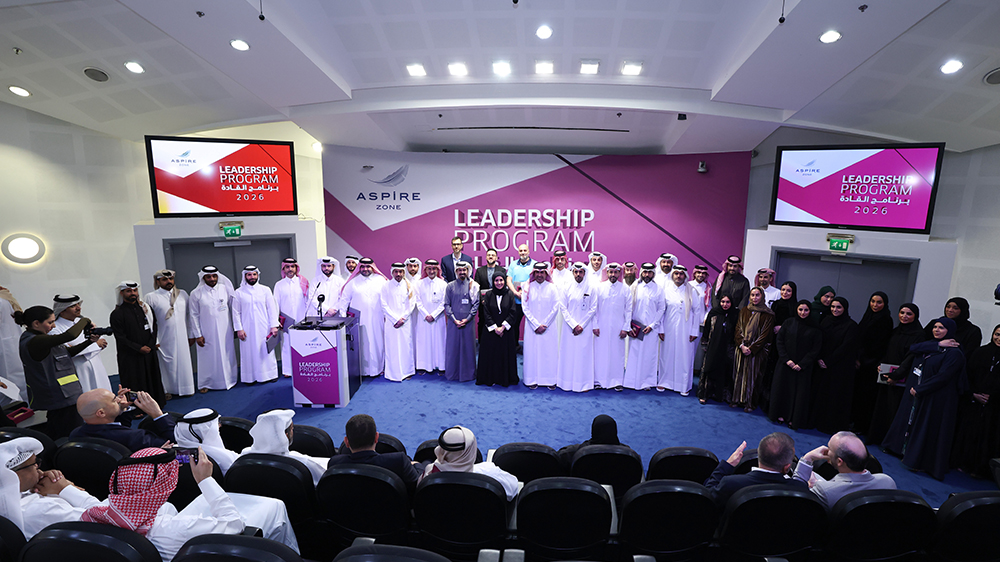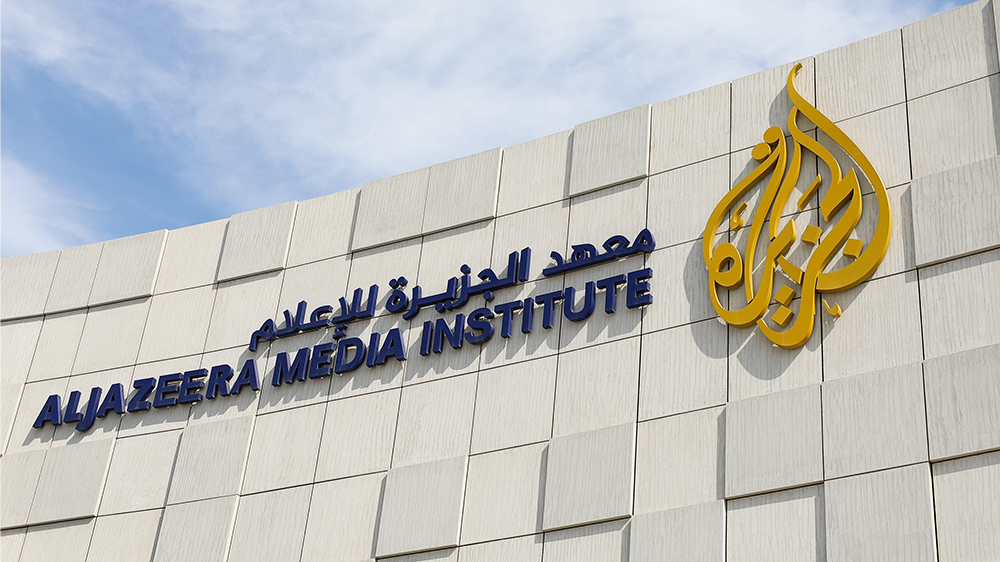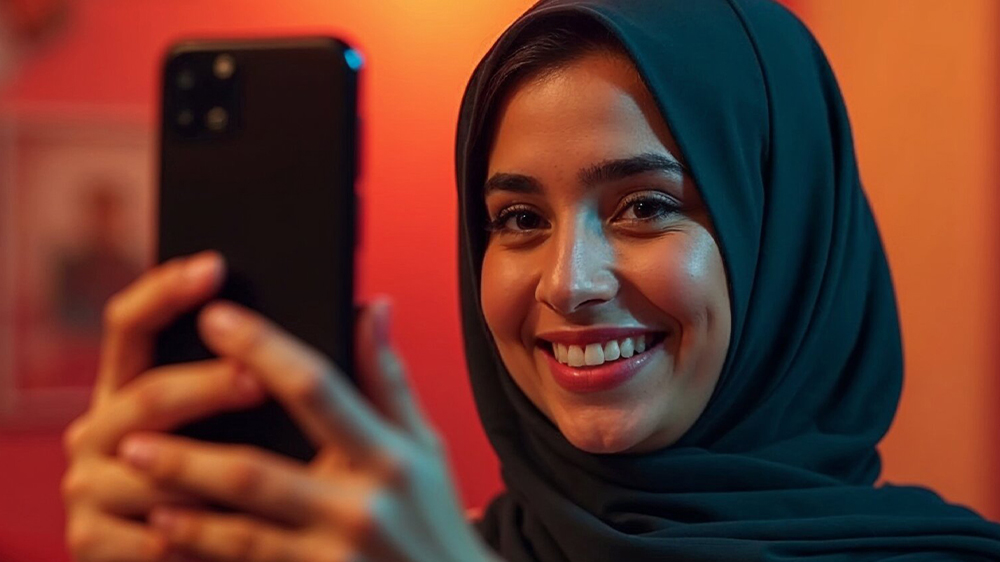News & Events
AJMI’S FORUM OF JOURNALISM COLLEGES IN ARAB WORLD DISCUSSES MEDIA CHALLENGES
AJMI - Doha
The Forum of Journalism Colleges in the Arab World, which is organized by the Al Jazeera Media Institute in partnership with Qatar University (QU) and the United Nations Educational, Scientific and Cultural Organization (UNESCO), started its activities on Saturday.
During the three-day forum, experts, academics, journalists, and representatives of media and academic institutions from both Qatar and abroad gathered to discuss the challenges facing journalism and plans for advancing the profession. The forum also aimed to address the evolving skills needed in the field and showcase global best practices.
Director of Al Jazeera Media Institute Eman Al Amri emphasized the significant role of journalism colleges in shaping a new generation of young journalists who will play a vital role in the future of the profession.
She highlighted the need for a collaborative effort to tackle the challenges faced by those working in the field, pointing to the partnerships between the institute and various journalism colleges to develop the profession, deepen expertise, and enhance the quality of journalistic practices.
QU Head of the Media Department Dr. Wael Abdelal underlined QU's commitment to developing media curricula, adding that the university developed plans to align knowledge, skills, and practical applications with the ever-changing job market, including the requirements of the digital transformation. Dr. Abdelal stressed the importance of integrating academic curricula with practical experiences.
He pointed out that recent developments require upgrading the moral, ethical and cognitive aspects to reduce the negative effects of social media networks and new platforms and applications.
Director of the UNESCO Regional Office for the Gulf States and Yemen Salah Khalid acknowledged the daily challenges and difficult situations faced by journalists in the Arab world. He explained that journalists often work in unstable environments and conflict zones.
He stressed that future journalism students must be well-prepared to navigate the realities of journalistic work, keeping up with opportunities, developments, and challenges. He underscored the importance of linking educational curricula with real-world practice. Furthermore, he pointed out that professional journalists should have continuous access to education and new tools to stay up to date with the latest developments and programs.
During the forum's first session, experts, academics, and journalists discussed recent trends in journalism and whether the skills of new journalists align with market demands.
The second session focused on showcasing some Arab experiences in future media, including a presentation on video production for digital platforms.
The third session, dedicated to presenting the best global practices in journalism education, delved into how journalism colleges can prepare themselves and their students for the future, emphasizing the role of educators in developing capabilities and prioritizing curriculum updates.

